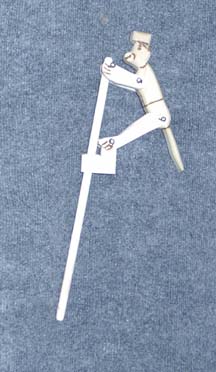Ve'ethchanan: re-membering
Ve'ethchanan: re-membering
Ve'ethchanan: and I sought grace. THe grace that Moshe sought was to be included in the people chosen to enter te Promised Land. Moshe was the leader of the generation excluded from that entry. Moshe's generation had the taint of the confusion that surrounded the spies, and the associated loss of confidence in Gd and in themselves. Neither he nor they - that entire generation - could enter the Land-- they had fallen too far. That generation had recieved (the original) 10 commandments. They had heard the disembodied voice out of the fire. Don't you remember?
The conversation that Moshe now has, asking the people ( most of whom were not there) to recall the seminal events of Sinai ... who is Moshe talking to? Are we reading about an interaction with that unique generation that was born in the wilderness. or is this parsha instructions for all future generations, for us? .... or both?
I cannot recall Sinai. The disembodied voice I heard was at Woodstock!
But I can recall the voice of my father, at the Higaditha levincha event, the Seder, telling his children about his redemption from slavery in Treblinka and his personal miraculous crossing of the Bug ( Red [with Jew blood] sea ) river.
This week 2 more holocaust (former) survivors in our Seattle community were buried. ( Joe Vos and Cecilia Etkin). What happens to their memories? We cannot remember the holocaust and its aftermath for them, but their stories need to be transmitted ( albeit imperfectly) .
It is all the mem. Remember so that you can be a member.
Mayim, mother, ema
Gd's voice from Sinai never stops, it reverberates forever for those who will listen for it. To remember those 10 commandments, even with a few modifications ( shamor/zachor) is to reassert membership in that people. A memory? a pseudo-memory?was it all a dream? could it have been anything else? There is no way to escape the dream, one can only correct it - when you go to sleep and when you wake up.

